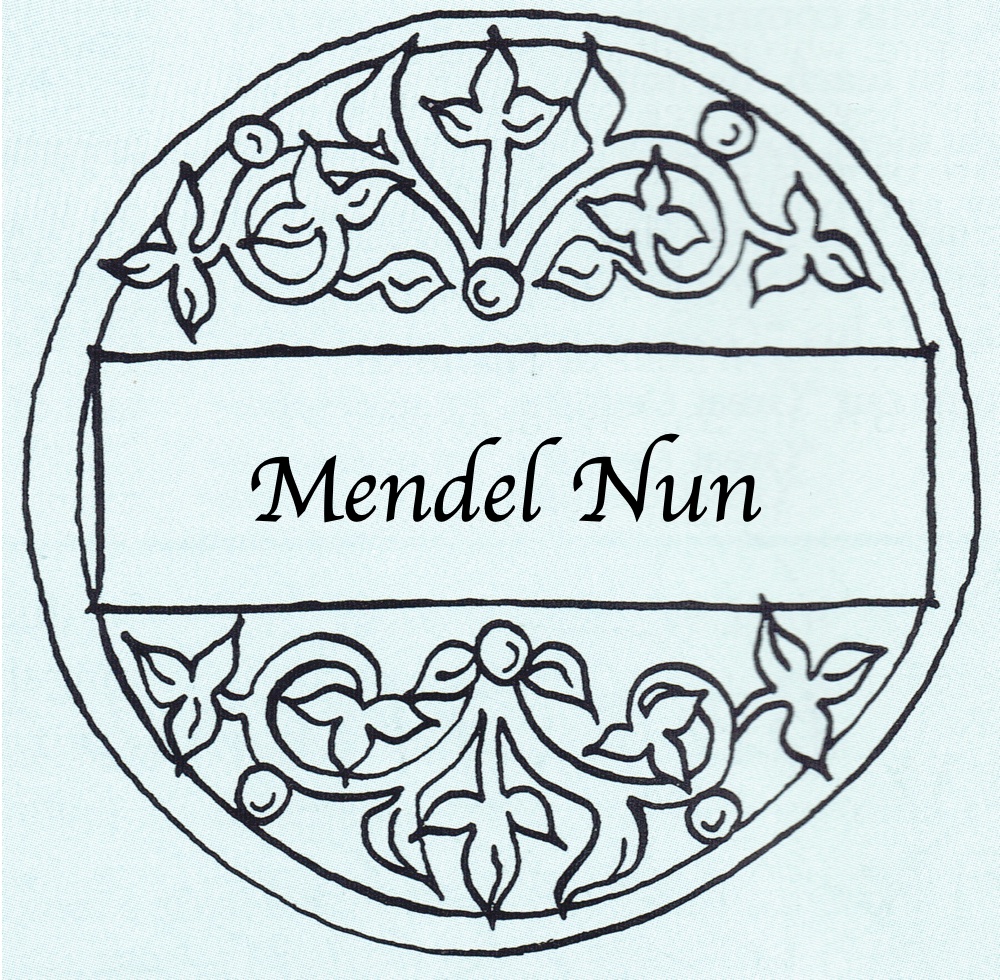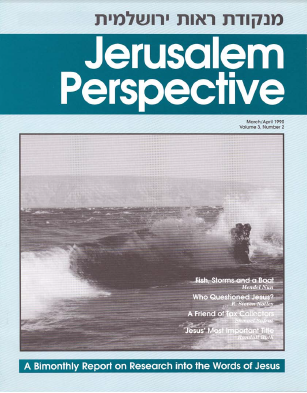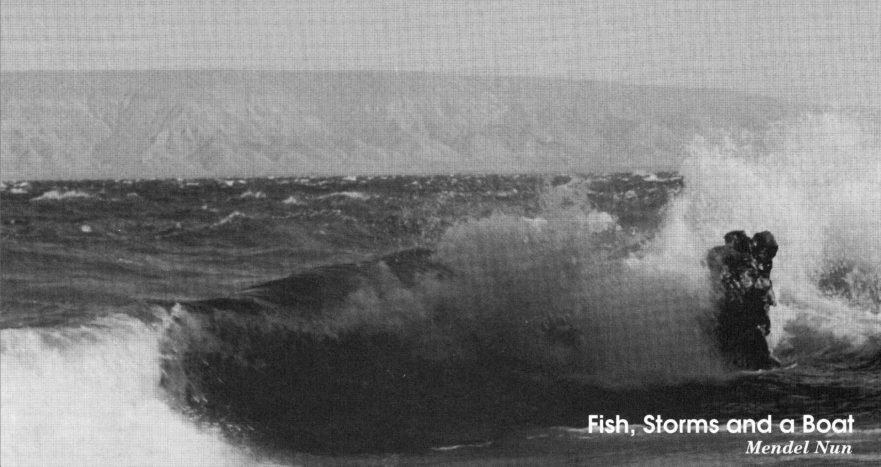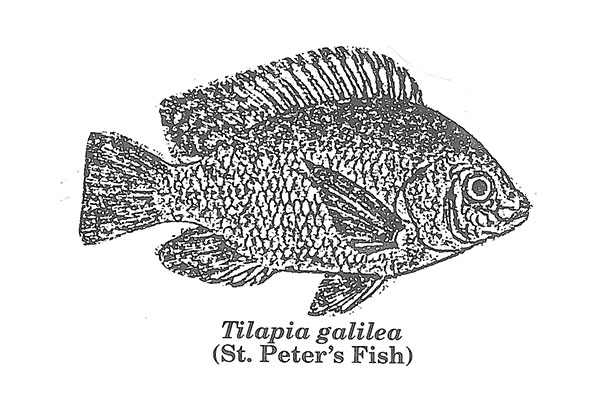How to cite this article:
Mendel Nun, “Fish, Storms and a Boat,” Jerusalem Perspective 25 (1990): 3-5 [https://www.jerusalemperspective.com/2456/].

Adam gave names only to animals and birds, apparently avoiding fish entirely (Gen. 2:19-20). The names of about fifty fish are mentioned in rabbinic literature, but the Torah merely makes a general distinction between clean fish, which Jews are permitted to eat (vertebrate), and unclean (without bones) (Lev. 11:9-12; Deut. 14:9-10). Clean fish are generally recognized by the presence of fins and scales.
The reason for this lack of detailed information about fish in the Hebrew Scriptures is simple: the early Jewish experience was born in the desert, and fish were far less known than other creatures. Nor were the writers of the Gospels much more familiar with the names of the fish of the Sea of Galilee. Thus, in Matthew 13:48, the “bad” fish were the catfish, which because they had no scales, could not be eaten according to the Mosaic dietary laws, and the “good” were all the others in the catch.
Small Fish
The Gospels mention another difference between fish—that of size: the “large fish,” musht (St. Peter’s Fish) and biny (barbels), and the “small fish,” sardines. “Small fish” are mentioned clearly in the miracle of the feeding of the 4,000. According to Matthew 15:34 and Mark 8:5-7, “seven loaves and a few small fish” are what the followers of Jesus had brought to eat.
Premium Members and Friends of JP must be signed in to view this content.
If you are not a Premium Member or Friend, please consider registering. Prices start at $5/month if paid annually, with other options for monthly and quarterly and more: Sign Up For Premium




![Mendel Nun [1918-2010]](https://www.jerusalemperspective.com/wp-content/uploads/userphoto/18.jpg)
